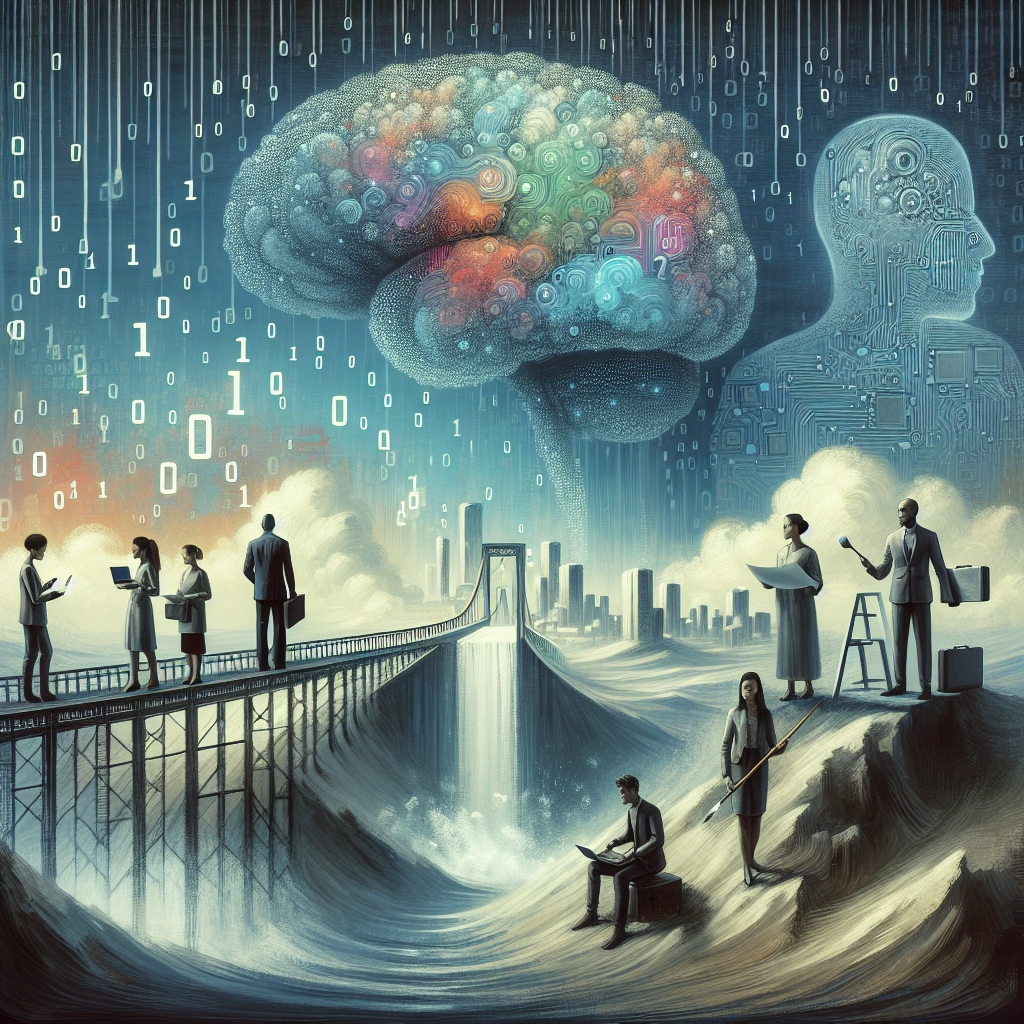Introduction
AI in talent acquisition is revolutionizing the way organizations find and hire top talent. By leveraging advanced technology, companies can streamline their recruitment processes, improve candidate experiences, and make data-driven decisions.
What is AI in Talent Acquisition?
Artificial Intelligence (AI) refers to the simulation of human intelligence processes by machines, particularly computer systems. In the context of talent acquisition, AI encompasses a range of applications designed to optimize the recruitment lifecycle, from sourcing candidates to hiring decisions.
Benefits of AI in Talent Acquisition
- Efficiency: AI automates repetitive tasks such as resume screening and interview scheduling, considerably shortening the time to hire.
- Enhanced Candidate Matching: AI algorithms analyze resumes and job descriptions to identify the best candidates based on skills, qualifications, and experiences.
- Bias Reduction: By utilizing data-driven analysis, AI helps minimize unconscious bias in the recruitment process, promoting diversity and inclusivity.
- Improved Candidate Experience: AI-driven chatbots provide instant responses to candidates’ inquiries, enhancing engagement and satisfaction throughout the application process.
- Data-Driven Insights: AI tools provide valuable analytics and reporting, enabling organizations to assess the effectiveness of their recruitment strategies and make informed decisions.
AI Tools Used in Talent Acquisition
Several AI tools have emerged that help companies optimize their recruitment processes:
- Applicant Tracking Systems (ATS): Modern ATS platforms incorporate AI to filter resumes, manage candidate databases, and provide analytics on recruitment performance.
- Chatbots: These AI-powered virtual assistants engage with candidates, answer questions, and conduct preliminary assessments, providing immediate feedback.
- Predictive Analytics: AI tools that use historical data to predict hiring needs, identify candidate success factors, and forecast turnover rates.
Challenges of Implementing AI in Talent Acquisition
While the benefits of AI in talent acquisition are clear, organizations may face challenges, such as:
- Data Privacy Concerns: Ensuring compliance with data protection regulations and maintaining candidate confidentiality are crucial.
- Integration with Existing Systems: Organizations must ensure that new AI tools can seamlessly integrate with their current recruitment frameworks.
- Skill Gaps: Lack of expertise in AI technology can hinder the effective implementation and utilization of AI solutions.
The Future of AI in Talent Acquisition
As AI technology continues to evolve, its applications in talent acquisition will only grow. Expected developments include:
- Advanced Natural Language Processing: Improved understanding of nuanced communication will enable AI to interact more seamlessly with candidates.
- AI-Powered Diversity Initiatives: Enhanced tools to actively promote diversity in hiring practices through objective candidate evaluation.
- Emphasis on Candidate Experience: More sophisticated systems designed to create personalized and engaging application journeys.
Conclusion
The integration of AI in talent acquisition is reshaping the recruitment landscape. By enhancing efficiency, improving candidate matching, and providing data-driven insights, AI not only helps organizations attract top talent but also improves the overall hiring experience for candidates. As technology continues to advance, embracing AI-driven strategies will be essential for organizations looking to stay competitive in the war for talent.


Leave a Reply